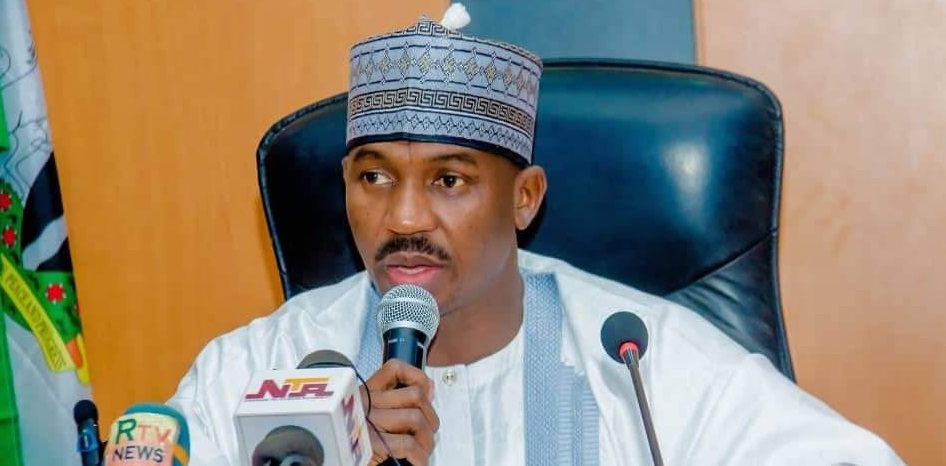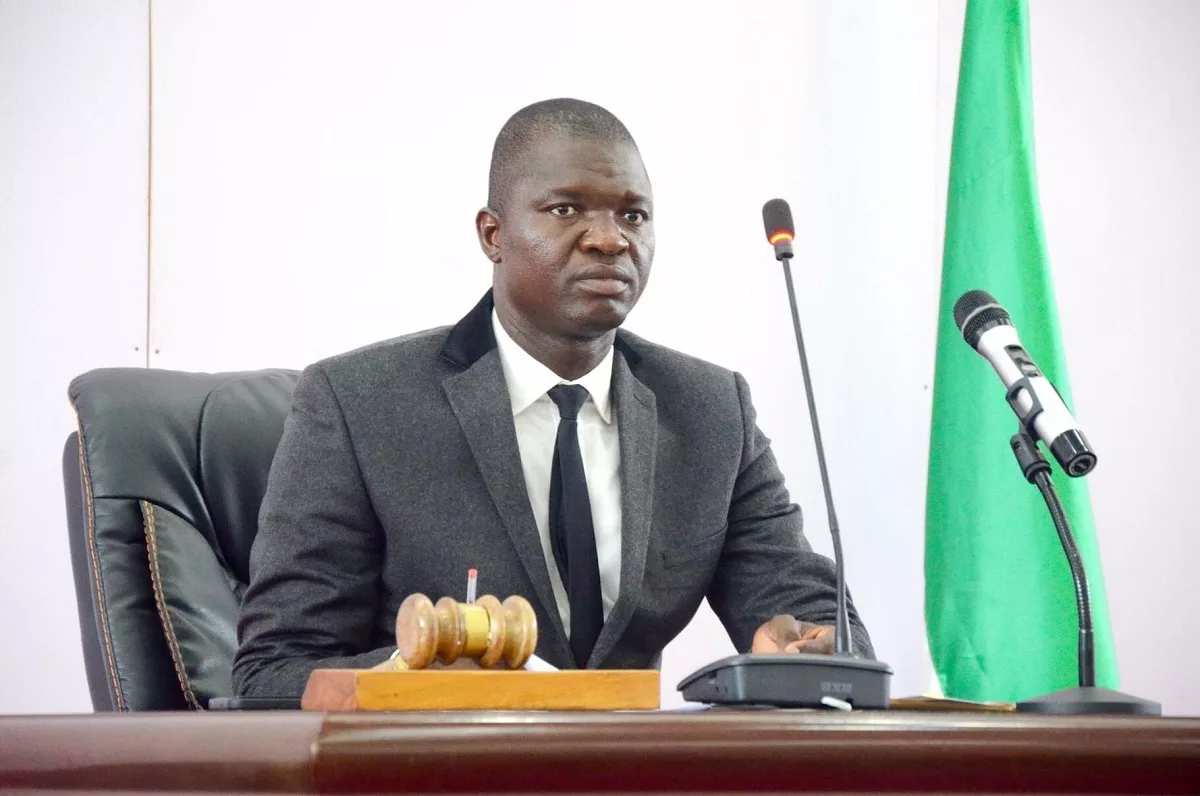The Kano State Government says it has planted two million under a three million trees planting campaign launched in July to check heat waves in the state.
The World Bank facilitated Agro-Climatic Resilience in Semi-Arid Landscapes (ACReSAL) initiative, aims to plant the trees within 365 days.
The state’s ACReSAL coordinator, Dahir Hashim, said the initiative is crucial for Kano’s future.
He said the project planted two million trees within three months, which will directly address environmental challenges facing the city and its rural communities.
“We have completed the planting of two million trees across rural areas. Notably, we have rehabilitated 106 kilometres of shelterbelt—an essential barrier that protects our soil from desertification, wind erosion, and excessive sunlight,” he said.
Specifically, Mr Hashim said the achievements include the rehabilitation of the four kilometres by 24 belts of shelterbelt in Yan Bawa in Makoda Local Government Area and fur belts of 2.5 kilometres in Ginzo in the Bagwai Local Government Area.
He said the shelterbelts are vital for maintaining soil fertility and combating land degradation.
Nigerians need credible journalism. Help us report it.
Support journalism driven by facts, created by Nigerians for Nigerians. Our thorough, researched reporting relies on the support of readers like you.
Help us maintain free and accessible news for all with a small donation.
Every contribution guarantees that we can keep delivering important stories —no paywalls, just quality journalism.
Also, Mr Hashim said they established woodlot plantations in Dunawa and Sabon Ruwa in Makoda LGA to provide sustainable firewood sources for local communities and thereby reduce the need for indiscriminate tree felling.
“We have engaged in forest conservation and enrichment planting of indigenous species in areas such as Daddarawa, Dajin Kura in Tsanyawa LGA and Dan Soshiya, Kyarana in Kiru LGA and Gwarmai in Ghari LGA, (Formerly Kunchi (LGA),” the official said.
Mr Hashim said the project also developed a 100-hectare conventional orchard in Kyale at Gabasawa LGA and established individual orchards for over 1,200 farmers in various local government areas.
READ ALSO: Constitution Amendment: Senate committee ponders three key issues in Kano retreat
“Our efforts to regenerate indigenous species have yielded the recovery of 41,087 trees, with over 59,900 beneficiaries positively impacted so far—a number we expect to grow once the final enumeration is completed,” Mr Hashim said.
He added that the project also restored 21, 261 hectares of degraded land through afforestation efforts in its determination to combat climate change and restoring Kano’s landscape.
Meanwhile, Mr Hashim said in the urban phase of the initiative, the project rehabilitated two nurseries—one in Kafin Ciri, Garko LGA and another in Mai Nika Gwarzo LGA—with a combined capacity to produce one million seedlings.
Both nurseries are now fully operational, equipped with solar-powered boreholes, offices, and other necessary infrastructure.
Support PREMIUM TIMES' journalism of integrity and credibility
At Premium Times, we firmly believe in the importance of high-quality journalism. Recognizing that not everyone can afford costly news subscriptions, we are dedicated to delivering meticulously researched, fact-checked news that remains freely accessible to all.
Whether you turn to Premium Times for daily updates, in-depth investigations into pressing national issues, or entertaining trending stories, we value your readership.
It’s essential to acknowledge that news production incurs expenses, and we take pride in never placing our stories behind a prohibitive paywall.
Would you consider supporting us with a modest contribution on a monthly basis to help maintain our commitment to free, accessible news?
TEXT AD: Call Willie - +2348098788999


















 English (US) ·
English (US) ·